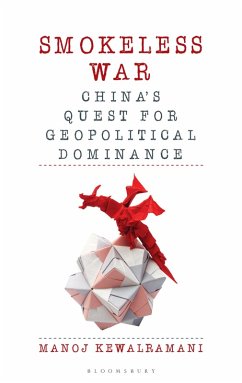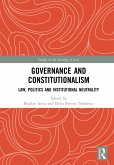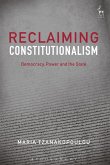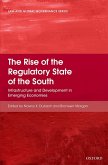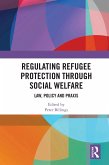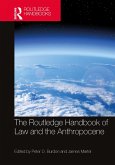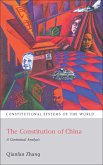In January 2020, the COVID-19 outbreak in China was viewed as a black swan event, threatening the Communist Party's rule. Two short months later, however, China appeared to have controlled the virus, while the rest of the world struggled to respond.
As country after country imposed lockdowns of varying strictness and the human cost began to rise, geopolitical frictions flared up over the origins of the virus, along with Beijing's early failures, diplomacy and discourse.
Smokeless War: China's Quest for Geopolitical Dominance offers a gripping account of the Communist Party of China's political, diplomatic and narrative responses during the pandemic. Drawing on the latest academic research and Chinese language sources, it discusses the Party-State's efforts to achieve greater discourse power and political primacy, as it sought to convert a potentially existential crisis into a historic opportunity.
In doing so, the author provides an insightful account of the Communist Party of China's approaches to cultivating sources of strength and exercise of power.
As country after country imposed lockdowns of varying strictness and the human cost began to rise, geopolitical frictions flared up over the origins of the virus, along with Beijing's early failures, diplomacy and discourse.
Smokeless War: China's Quest for Geopolitical Dominance offers a gripping account of the Communist Party of China's political, diplomatic and narrative responses during the pandemic. Drawing on the latest academic research and Chinese language sources, it discusses the Party-State's efforts to achieve greater discourse power and political primacy, as it sought to convert a potentially existential crisis into a historic opportunity.
In doing so, the author provides an insightful account of the Communist Party of China's approaches to cultivating sources of strength and exercise of power.

